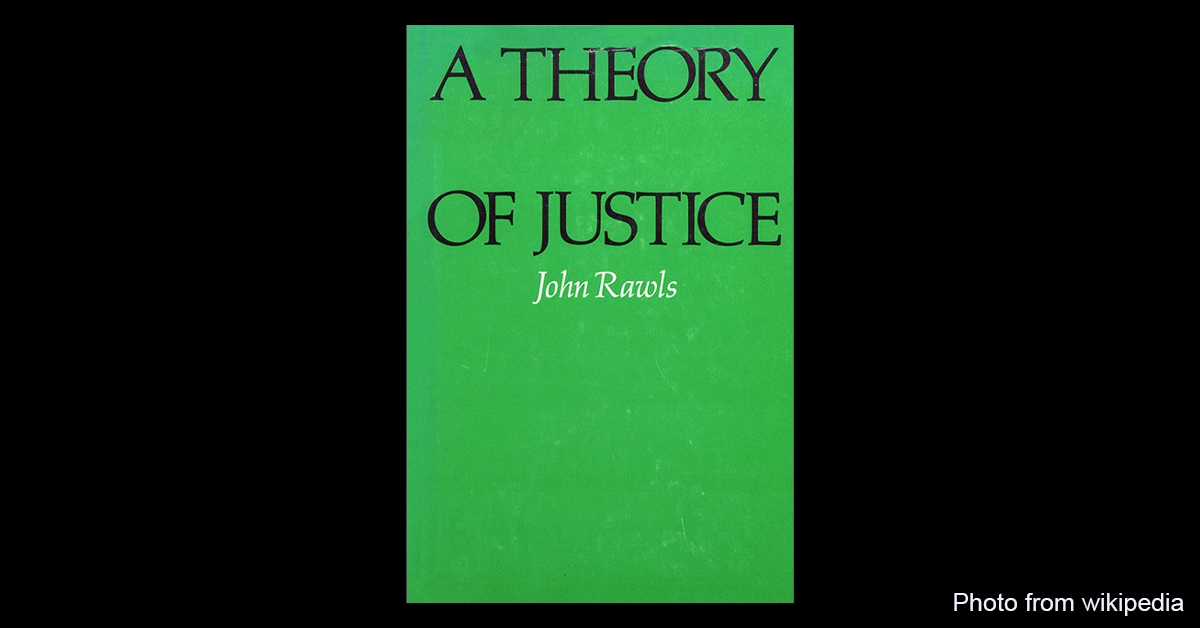
Fifty years ago, the American liberal philosopher John Rawls published A Theory of Justice. His theory of distributive justice proposes that social systems should be organised so that the least advantaged fare better than they would in any alternative economic arrangement.
The coronavirus pandemic has highlighted the importance of justice in a world where the quest for fairness, hobbled even in the best of times, is imperilled by a horrible disease and its economic impact in the worst of times.
If Covid-19 is succeeded by the advent of a yet-unknown and deadlier infectious affliction, the idea of distributive justice deserves even more consideration.
Even now, the global realm of realism and pragmatism – fear and greed, in short – is manifesting itself ingloriously in the area of vaccine nationalism. Countries are preparing themselves for the great scuffle to get to the vaccine first.
Money, power and influence all are in play. The survival of the fittest will demarcate the winners from the losers in the world.
A world accustomed to the Darwinian inflections of famine and disease will not mind if thousands of elderly in Sub-Saharan Africa and Latin America remain at the mercy of a viral plague that will spare their wealthy counterparts in the Americas and Pacific Asia.
After all, the deaths of children in the great Ethiopian famine of the 1980s have not resulted in a global pro-children regime. Why should the old matter today when even children do not?
That is why Rawls remains important today. Suppose public policy were to derive, not from knowledge of who we are, but who we are not? Suppose that access to vaccines were to lie in a world undifferentiated by wealth, power and influence?
Who would get the vaccines first?
An answer can be found in Rawls’ concept of the Original Position. It is based on a thought experiment in which members of a society act from beyond a veil of ignorance which prevents them from knowing what position – such as ethnicity, gender and social status – they would occupy in a world of their imagined making. Ignorance of subjective personal circumstances would mean awareness of objective social circumstances.
In this process, two principles would be upheld: the liberty principle and the difference principle. The first would offer everyone the greatest degree of liberty without intruding into the freedom of others. The second would offer every individual an equal opportunity to prosper.
Either way, those who are the most disadvantaged at the initiation of the Rawlsian social contract would be better off once that contract comes into force.
In a Covid-19 world, this contract could mean the difference between life and death for thousands in the developing world.
The developed world cannot flourish without the developing world as a source of labour and consumption. So, globalisation requires an expansive international mindset that goes beyond the mercenary nationalism of disease-stricken nations.
In a Rawlsian global order, the vaccines would flow to the most vulnerable so that the moral rhythm of the universe could be sustained without injury to economic patterns.
However, no one has lived, lives or will live in Rawls’ just world any more than in Plato’s ideal republic or Marx’s classless society.
Wealth and power will structure the political economy of nations. Fear and greed, realism and pragmatism, will subvert the moral economy of citizens, depriving them of the recalcitrant imagination necessary to produce evolutionary change.
Yet, Rawlsian thought experiments do alert humans to the possibilities of alternative existence. Therein lies their value in the post-Covid 19 era.
Even if Rawls appears woefully out of fashion, his ideas should remain a staple in any wardrobe.
The author is co-general editor of the Singapore Chronicles series published by IPS and The Straits Times Press.
Top photo from Wikipedia.
